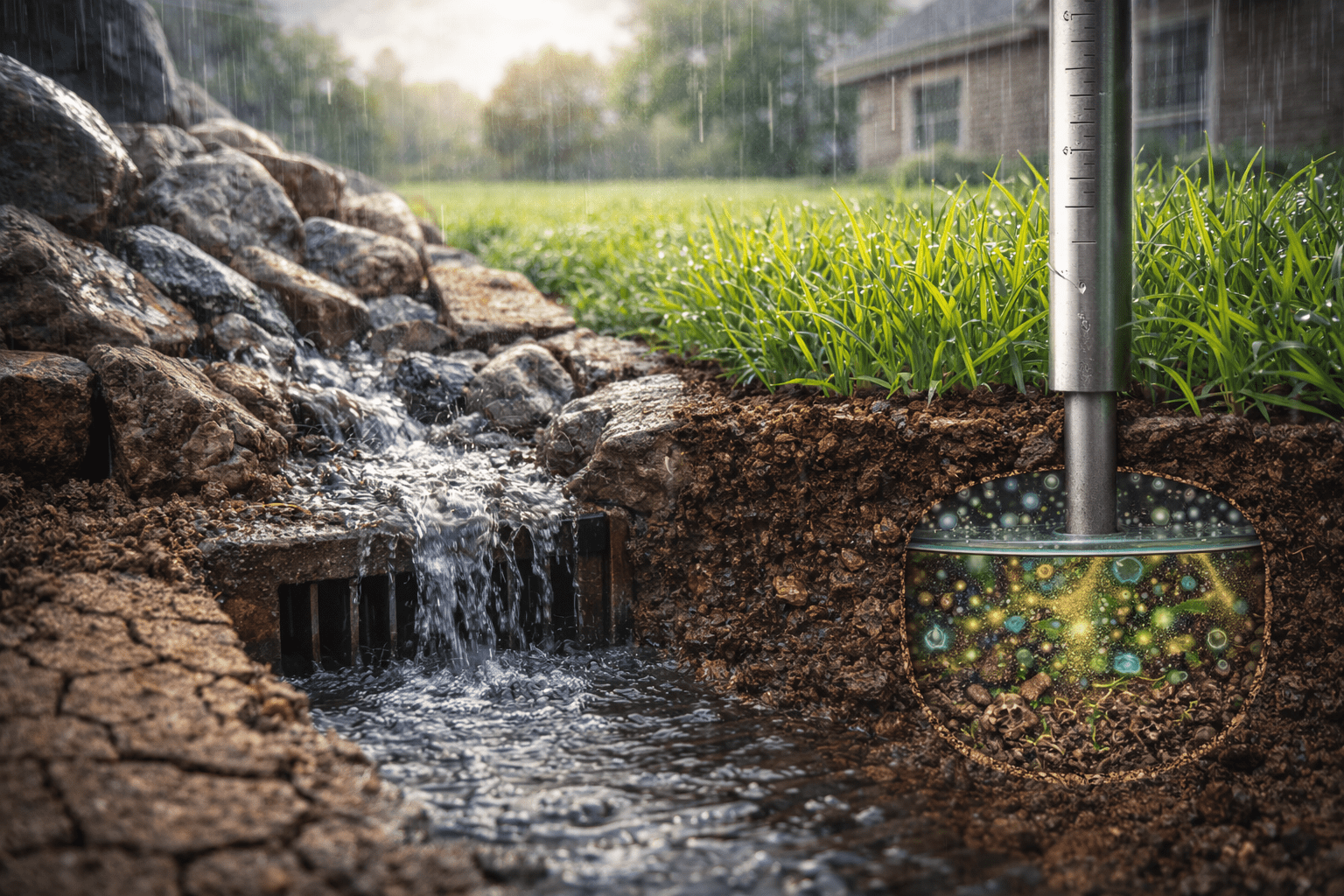Can Landscape Plants Be Saved After a Freeze?

Many Texas homeowners don’t know how to properly protect delicate plants and lush landscape design from freezing weather. Since it’s very rare for Texas to experience a lot of hard freezes during the winter season, in many cases, providing minimal protection is all that’s necessary to prevent plants from damage. However, there are those occasional winters that bring extreme freezing temperatures, especially overnight; and as such, could cause more significant problems. Thus, many are left wondering if their frozen plants can be saved, or if the damage was too great. The following offers a few tips and ideas on what TO DO with plants and outdoor landscape after a hard freeze.
Protect Plantings Whenever Possible
Although it’s not always possible to predict freezing weather in advance in Texas, weather experts generally provide plenty of warning when a coming freeze is imminent. Area landscape design experts, like Archer Services of Houston, generally advise plant owners to take steps that will minimize the potential for damage to temperature-sensitive plantings. Simply covering some varieties is sufficient to prevent freezing, but situations don’t always allow home or business owners to take preventative steps when cold weather patterns develop. If, for example, there are too many plants to realistically cover, damage may occur. If property owners are away from home during a freeze, it’s best to consult with your local lawn maintenance company or a neighbor to ensure that landscape plants are covered, and that outdoor potted plants are taken inside if possible.Identifying Damage from Freezing
Once freezing weather strikes, it’s important to identify damaged plants and take steps to save whatever plantings were not actually killed by the cold weather. While some plants may be seriously damaged or dead, others might have only minor damage. Area landscape design professionals recommend waiting until it’s possible to tell the extent of damage before taking any actions. Damaged leaves and buds are relatively easy to identify, but it’s far more difficult to determine whether the plant root was seriously damaged. Many plants suffering only minor damage will regenerate themselves with little attention from property owners. However, it’s always a good idea to remove damaged leaves and buds to encourage new growth. If the cold weather is severe enough, plants may, indeed, be killed. Pruning dead growth will make it easier for plants to regenerate themselves and, in many cases, reduce the likelihood of diseases developing. If you’re unsure whether a woody plant is alive, cut away a small area of bark. If the underlying material is still green, the plant is alive and will likely survive.Regenerating Freeze-Damaged Plants
Plants suffering freeze damage will need a little help to recover. Plant and landscape design companies recommend keeping damaged plants watered; and, in many cases, Texans can provide small amounts of fertilizer to encourage regeneration. To determine what types of treatments would benefit specific plantings, it’s best to watch over plants after a week or so to see how the plants are healing on their own. If in the event you aren’t sure how to care for your freeze-damaged plants, connect with landscape services for their expert advice.Take Steps to Prevent Future Freeze Damage
Micro climates and even different soil types can contribute to varying levels of plant damage from freezing. It’s important to discuss planting choices with the landscape design experts from Archer Services when selecting new or replacement landscape elements. Since most parts of Texas will experience occasional freezing weather, taking precautions to minimize the potential for freeze damage is always important. Landscape design professionals work with property owners to carefully select plantings that are likely to survive normal weather conditions in a specific area. However, if you’re looking to just simply enjoy your lawn without the hassle and burden of preventing or caring for plants after a hard freeze, place your yard in the capable hands of Archer Services. For expert advice, expert design, and expert care, call Archer Services at 281-203-7615.Recent Posts
The Hydrological Landscape: Mastering Water Movement and Infiltration in Houston Soil
In the Houston and Magnolia regions, water is both a vital resource and a primary threat to landscape longevity. Between intense summer droughts and flash-flooding rainstorms, a property’s “hydrological design”—how…
The Immune System Landscape: Natural Defense Against Pests and Disease
For decades, the standard approach to landscape pests and diseases has been reactive: wait for a problem to appear, then apply a chemical to kill it. However, modern horticultural science…
The Houston Landscape Management Calendar: A Month-by-Month Technical Guide
In the Houston and Magnolia areas, our “growing season” is nearly year-round. This means the traditional rules of landscaping often don’t apply. Success in our climate isn’t about working harder;…


